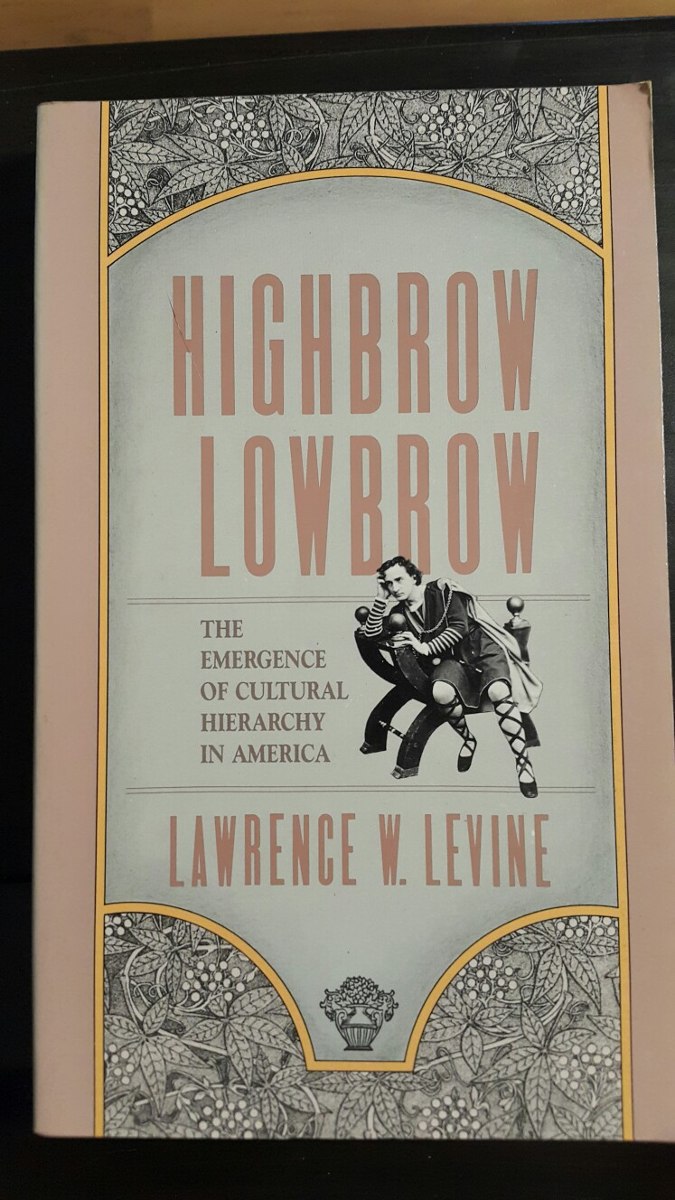

Instead, Shakespeare was popular culture-and treated as such. To say that Shakespeare was The Avengers, though, is to say, in part, that Shakespeare was not high culture at all. "There is hardly a pioneer's hut that does not contain a few odd volumes of Shakespeare."

Shakespeare was The Avengers of the 19th century.

Contrary to DeBoer's claim that high culture has "probably" never existed, in 19th-century America, high culture was everywhere. swarmed from the gambling saloons and cheap fandango houses to see Hamlet and Lear." If the miners couldn't come to the big city, Shakespeare came to them major Shakespearean actors like Edwin Booth traveled out to mining camps where they acted from cobbled together stages. In San Francisco, following the opening of the Jenny Lind Theater in 1850, "Miners. It wasn't just Philadelphia either, as Tocqueville testified: "There is hardly a pioneer's hut that does not contain a few odd volumes of Shakespeare." Levine writes that even illiterate men, like the famous scout Jim Bridger, would have Shakespeare read to them so they could memorize passages. In Philadelphia, Levine writes, there were 65 Shakespeare performances in the single year of 1835. Instead, they read, wrote, and even memorized the Bard. If there have been histories of highbrow culture, maybe we can read them.įolks in the mid-1800s didn't read lowering YA fiction or deface their brains with The Avengers or 50 Shades. And, in the highbrow spirit, rather than just speculating about such changes, it seems worth doing some research. It's hard to know exactly what DeBoer means by it, but the suggestion that high culture might have changed over time, or might not have meant the same thing in the past that it does now, is intriguing.
HIGHBROW LOWBROW LEVINE TV
There probably never was but even if there was it died long, long ago.” "Pop culture such as comic book movies, sci-fi, pop music, and genre TV shows has become the most powerful force in the history of human culture." There has never been a cultural force of greater economic power, artistic hegemony, media ubiquity, or social enforcement than today’s pop confections." He adds: "There is no such thing as high culture. DeBoer's language verges on the apocalyptic when he insists that "Pop culture such as comic book movies, sci-fi, pop music, and genre TV shows has become the most powerful force in the history of human culture. The writers also all share a sense that the ascendency of pop culture is new and dangerous. All of these critics feel that pop culture, variously defined, is infantilizing and stupid.


 0 kommentar(er)
0 kommentar(er)
